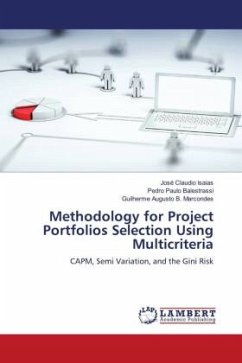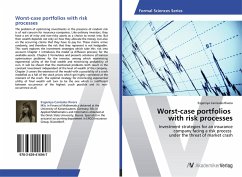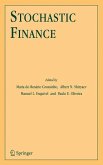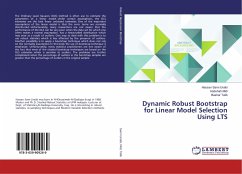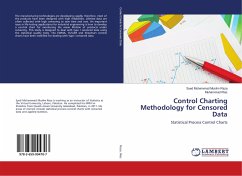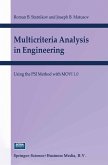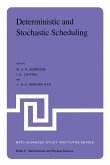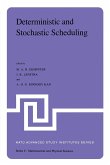Criteria from Gini-CAPM and of semi variations metrics are good options to compose methods for projects portfolio selection, especially when considering the trade-off between return and risk and the covariations in the adjacent selection. These methods can help significantly because they have more robust risk coefficients for assessments of non-normal. However, searches for methods that meet the selection needs using the adjacent criteria are unsuccessful, including for projects of renewable solar energy generations using cellular photovoltaic panels, which have stood out among the options. Thus, this work seeks new methods for selection using criteria from Gini-CAPM and of semi variations. Historical and simulations data stochastic evaluations indicate that the portfolios selected by the methods are attractive options for implementations. These portfolios have reasonable probabilistic expectations of the trade-off between risk and return and satisfactory protection to avoid mistakes caused for not considering covariations in return on investment. These are significant advances on the current knowledge frontier and will likely allow the increased use of the concept.
Bitte wählen Sie Ihr Anliegen aus.
Rechnungen
Retourenschein anfordern
Bestellstatus
Storno

